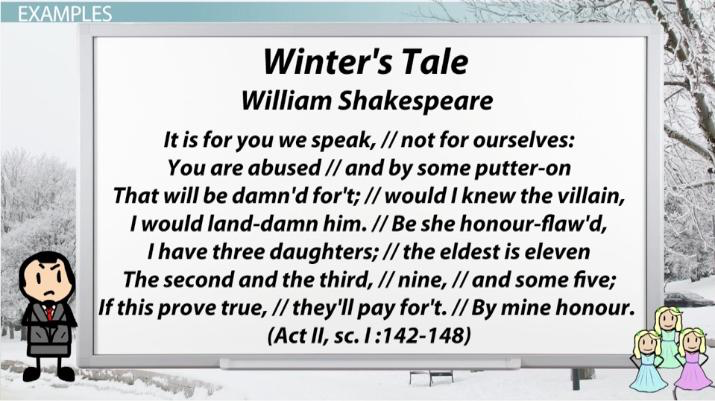Beowulf Test
Beowulf- The hero of Beowulf, Beowulf is a Geatish (pronounced: Gate-ish) warrior loyal to his king, Hygelac. Beowulf's father was the warrior Edgetho, and his mother is a sister of Hygelac.
Hrothgar- The King of the Danes, needed the help of Beowulf to save his people from Grendel and Grendel's mother.
Wiglaf - a relative of Beowulf, as well as his most loyal warrior; stayed with Beowulf to fight the dragon; showed loyalty/comitatus.
Grendel- A man-eating monster descended from the Biblical Cain. Grendel is described as a "walker in darkness", who is "wearing God's anger" and "lacking in joy" because he has inherited the curse Cain.
Dragon- A fire-breathing dragon who discovered a lost tribe's treasure. The dragon is exceedingly greedy- marking a stark contrast to good kings.
Edgetho- Beowulf's father and the husband of King Hygelac's sister. Hrothgar once gave him sanctuary after Edgetho, a Geatish warrior, killed a warrior of the Wylfings. This history makes Beowulf loyal to Hrothgar.
Cain- The Old Testament of the Bible, in the Book of Genesis, tells the story of how Cain killed his brother Abel. Cain was marked by God, so others would know him and cast him out of society. The giants, Grendel and Grendel's Mother, are descended from Cain.
Grendel's Mother- A female version of Grendel, she is also descended from Cain. Grendel's mother attacks the Danes in revenge for the death of her son. She kills one of Hrothgar's closest friends/advisors.
Anglo-Saxon History and elements of an epic poem and the origins of Beowulf:
The Anglo-Saxons migrated to Britannia around the year 449 AD from Northern and Western Europe
Beowulf is an important historical literary work because it is the first surviving work of British literature
Beowulf was only told orally for many years before being written down
Beowulf was first written down in Old English, by monks, who added Christian elements to the original story which was passed down orally by scops (storytellers/entertainers).
Beowulf entered into the storytelling tradition in the 8th century (unknown author) and was likely written in the 11th century (by Christian monks)
St. Augustine was responsible for bringing Christianity to Britain and St. Patrick was responsible for bringing Christianity to Ireland.
While we see many Christian additions (Grendel’s relation from Cain, Hrothgar’s throne protected by God, etc.), we also see pagan references in the poem, such as “And sometimes they sacrificed to the old stone gods”
What was the significance of the mead hall in Anglo Saxon society?
a king or lord and the members of his court ate and drank there, listened to songs and stories there and usually accomplish their business there
it is a large building with a single room intended to receive guests and serve as a center of community social life
Lof- the Anglo-Saxon word that means "glory" or "fame after death”
Comitatus- a name for a particular kind of relationship that existed historically between kings and warriors, or more broadly between members of the nobility and their thanes
The Mead Hall- a center of noble life
Wyrd- translated as fate, destiny, or doom
Boasts- a form of honoring his king as well as maintaining his reputation as a great warrior
Afterlife- after life, death
A scop was responsible for preserving the culture’s history and heroes, was regarded as highly in society as a warrior, used poetic devices such as kennings, alliteration, and caesura to aid in memorization (KNOW WHAT THOSE DEVICES ARE AND BE ABLE TO RECOGNIZE THEM)
Kennings- a compound expression in Old English and Old Norse poetry with metaphorical meaning, e.g. oar-steed = ship.
Examples of kennings- "slaughter-pole," or spear, "ring-giver," or king, "Wielder of Glory," or the Abrahamic God, "ring-hoard," or the dragon's treasure, and "battle-fire," or the dragon's flaming breath.
Alliteration- the occurrence of the same letter or sound at the beginning of adjacent or closely connected words.
Examples of alliteration- "Up from his swampland, sliding silently..."
Caesura- a break between words within a metrical foot.


The Epic:
Beowulf embodied the epic hero through the following characteristics and actions:
1. Great strength and courage
2. Loyalty and allegiance
3. Desire for fame
Epics immortalized the brave deeds of warriors
Epics always include a hero who represents a group of people, universal themes and values, and a broad setting (over many years and several places)